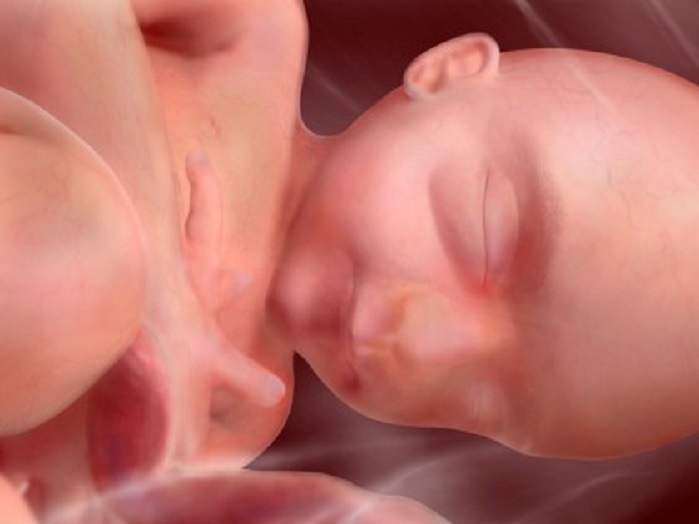On January 7th, Kentucky legislators voted to ban abortion after 20 weeks post-fertilization, a point by which science shows the unborn child feels pain. Kentucky was the 19th state to protect unborn children more than halfway through pregnancy. This limit was passed alongside other historic legislation at the beginning of Kentucky’s 2017 legislative session, including another pro-life measure that requires an ultrasound to be performed prior to an abortion. Governor Matt Bevin elected to sign the 20-week abortion ban first, however, and noted that of all the bills passed, it was “most overwhelmingly supported by Republicans and Democrats alike.”
Within days, Kentucky Attorney General Andy Beshear announced his refusal to defend the abortion ban against potential litigation. Governor Bevin took to social media to share his disappointment, issuing a video response in defense of the new law, which he said was passed “with nearly 80 percent of support in the legislature,” is “widely popular” and is a policy that “the vast majority of Kentuckians want.”
Gov. Bevin is right. Kentucky’s late-term abortion ban was indeed passed with considerable bipartisan support. 17 out of the 36 Democrats in the Kentucky House of Representatives voted for the legislation; only 14 voted against it (five did not vote). In the state Senate, four out of 11 Democrats supported the bill.
The Kentucky law was passed just one month after Ohio passed its own Pain-Capable Unborn Child Protection Act, signed by Governor John Kasich. Praising Ohio’s new law, Susan B. Anthony List (SBA List) President Marjorie Dannenfelser noted that “Americans reject the status quo of abortion on-demand, especially painful late-term abortions. Instead, voters and lawmakers are recognizing the humanity of the unborn child: its heartbeat around six weeks and the pain the child can feel at 20 weeks.”
Keep up with the latest pro-life news and information on Twitter. Follow @LifeNewsHQ
The growing number of states passing Pain-Capable legislation provides strong evidence that Dannenfelser and Governor Bevin are correct. Bipartisan support has made these reasonable, compassionate limits on abortion possible. It is increasingly clear that Democratic Party leadership’s extreme abortion-on-demand platform is out of touch with its own rank and file. Of all the Democratic legislators in the 19 states that have passed pain-capable late-term abortion bans to date, 275, or 31 percent of them, have supported the bans. They are backed by American public opinion. A 2014 Quinnipiac poll indicated that 60 percent of Americans and 59 percent of women support late-term abortion restrictions. More recent polling indicates support is growing, up by 4-6 points among both groups.
Abortion rights advocates have portrayed late-term abortion restrictions as extreme attempts to roll back women’s rights, but the facts on the ground tell a different story, one of legislators finding common ground in an effort to modernize our nation’s laws. New scientific research confirms that the unborn child can experience stress responses to pain at 18-20 weeks post-fertilization, if not earlier. Pain-Capable Unborn Child Protection laws are an appropriate, compassionate and common-sense response to these findings.
The number of states with pain-capable abortion restrictions could climb even higher in 2017. The Pennsylvania Senate passed its own version of the Pain-Capable Unborn Child Protection Act on February 8th , though Gov. Tom Wolf has pledged to veto the bill. Efforts to pass similar legislation are ongoing in New Jersey, Florida, Texas*, Virginia and Missouri. These state-level efforts have provided momentum for a federal version of the legislation, which passed the U.S. House of Representatives in 2013 and 2015 but faced opposition from President Obama. The bill was introduced in the House again last month. Passing the Pain-Capable Unborn Child Protection Act at the national level would remove the United States from a list of only seven countries (including North Korea) that allow elective abortion after 20 weeks post-fertilization and put us back in good company again.
LifeNews Note: Jackie Sheehan is a research intern for the Charlotte Lozier Institute.








